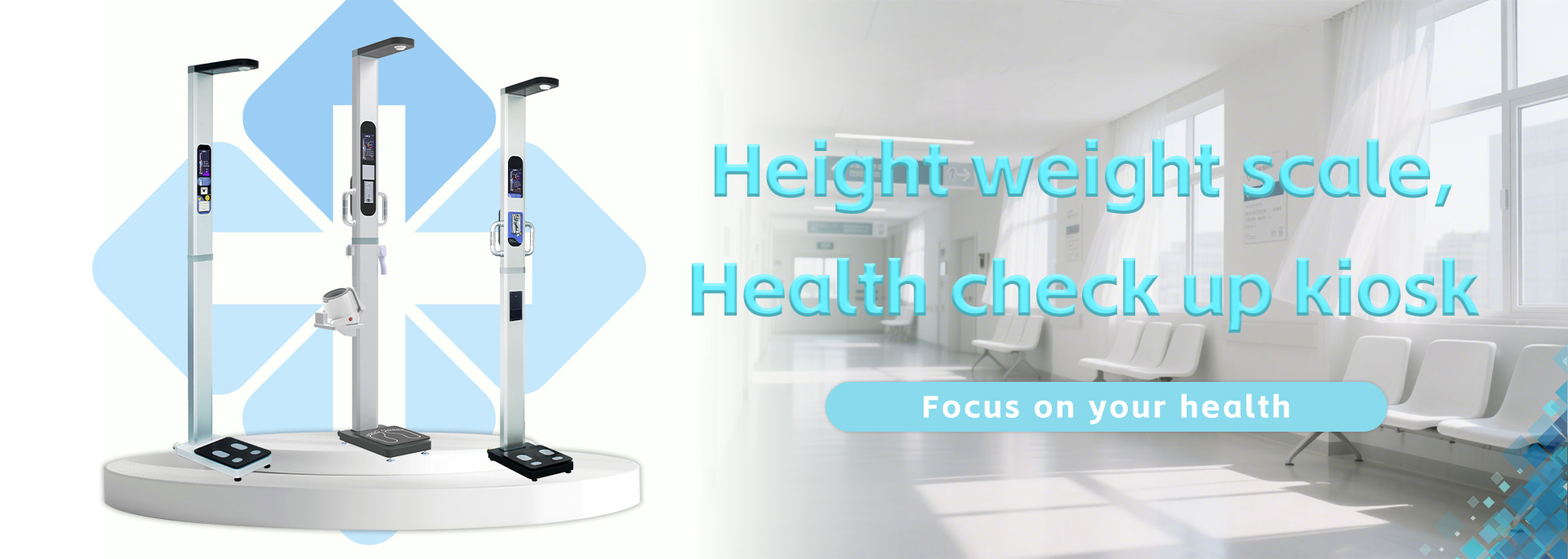The phrase "body scale" conjures an immediate image: a sleek digital device sitting silently on the bathroom floor, promising a simple, quantifiable answer to the complex question, "How much do I weigh?" But the true meaning and impact of the body scale ripple far beyond its digital display, touching upon health, psychology, societal pressures, and even our relationship with ourselves.
**The Literal Measure: Tools and Data**
At its most basic, a body scale is a tool for measuring mass. Modern iterations offer a wealth of data:
* **Weight:** The fundamental metric, tracking mass over time.
* **Body Fat Percentage:** Estimating fat mass vs. lean mass (muscle, bone, water).
* **Muscle Mass:** Tracking changes in muscle tissue.
* **Bone Mass:** Providing insight into skeletal health.
* **Body Water Percentage:** Monitoring hydration levels.
* **BMI (Body Mass Index):** A calculated ratio of weight to height (often displayed automatically).
For health professionals, these metrics provide valuable data points. Tracking weight can be crucial for managing conditions like heart failure or kidney disease. Monitoring body composition is key for athletes optimizing performance or individuals in structured weight management programs under medical supervision. The scale, in this context, is an objective instrument.
**The Psychological Weight: More Than Just a Number**
For the vast majority using scales at home, the experience is rarely purely clinical. Stepping onto the scale is often laden with emotion – anticipation, anxiety, hope, or disappointment. **The number becomes a loaded symbol:**
* **Self-Worth Tethering:** For many, the number dictates mood and self-esteem. A "good" number brings relief; a "bad" number triggers self-criticism. This tethering equates weight with personal value, a dangerous psychological equation.
* **Obsession and Anxiety:** Daily, or even multiple-times-daily weighing can fuel obsessive thoughts and unhealthy behaviors. It becomes a focal point for anxiety, overshadowing other vital health indicators like energy levels, strength, mood, and overall well-being.
* **Distortion of Progress:** Scales don't differentiate between fat loss, muscle gain, water retention, or hormonal fluctuations. Gaining muscle (positive) can mask fat loss on the scale. Water retention from salt or menstruation can cause temporary spikes, leading to unwarranted discouragement.
* **Eating Disorder Trigger:** For individuals predisposed to or recovering from eating disorders, a scale can be a powerful trigger, reinforcing destructive patterns and obsessive thoughts about food and body size.
**The Cultural Mirror: Standards and Judgment**
The body scale doesn't exist in a vacuum. It reflects and reinforces powerful cultural narratives:
* **The Thin Ideal:** Societal beauty standards, heavily skewed towards thinness (particularly for women), make the scale a judge. The lower number is often culturally equated with attractiveness, success, and discipline, regardless of individual health or genetics.
* **Weight Stigma:** The scale becomes a tool of internalized and external weight stigma. The number can feel like a public declaration of perceived laziness, lack of willpower, or poor health, fueling discrimination and bias.
* **The Quantification of Health:** We live in an era obsessed with metrics. The scale offers a seemingly concrete, easily trackable number, making it a tempting (though often inadequate) proxy for overall health, overshadowing nuanced factors like mental well-being, metabolic health markers, fitness, and joyful movement.
**Reclaiming Perspective: Using the Scale Wisely (Or Not At All)**
Understanding the multifaceted impact of the body scale is crucial for developing a healthier relationship with it, or deciding to step away entirely:
1. **Context is King:** Never view the number in isolation. Consider hydration, time of month, recent exercise, stress levels, and sleep. Look at trends over weeks or months, not daily fluctuations.
2. **It's Just One Data Point:** Weight is *one* indicator among many. Prioritize how you *feel*: energy levels, strength, endurance, mood, sleep quality, and clothing fit. Blood pressure, cholesterol, blood sugar, and fitness assessments are often more meaningful health metrics.
3. **Question the "Why":** Why are you weighing yourself? Is it for genuine health monitoring guided by a professional, or is it driven by anxiety, societal pressure, or disordered thoughts? Be honest with yourself.
4. **Detach Self-Worth:** Your weight does not define your value, your character, or your worthiness. Practice self-compassion regardless of the number displayed.
5. **Consider Alternatives (or Abstinence):** For many, ditching the scale is incredibly liberating. Focus on non-scale victories (NSVs): improved stamina, lifting heavier weights, better sleep, fitting into clothes comfort



